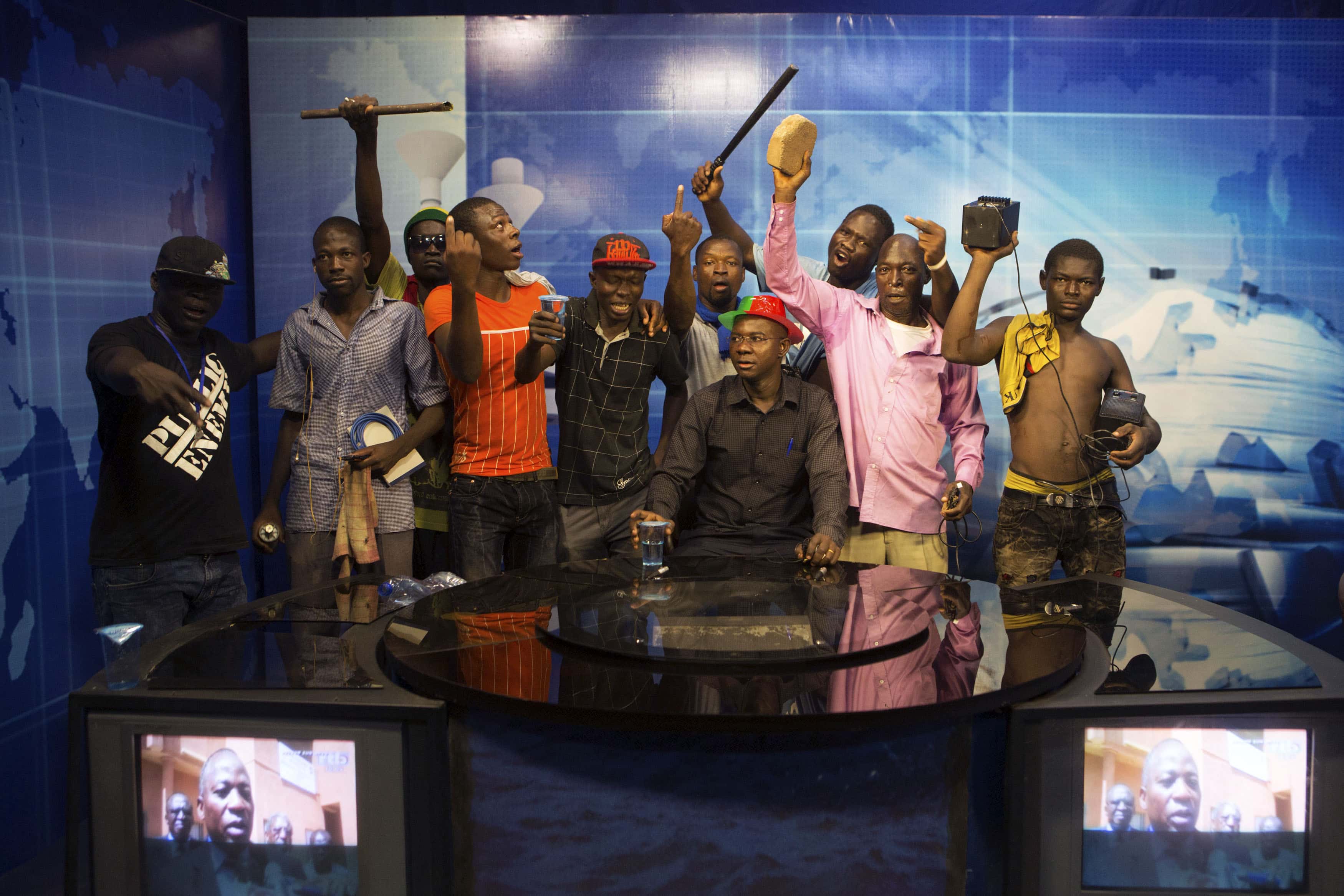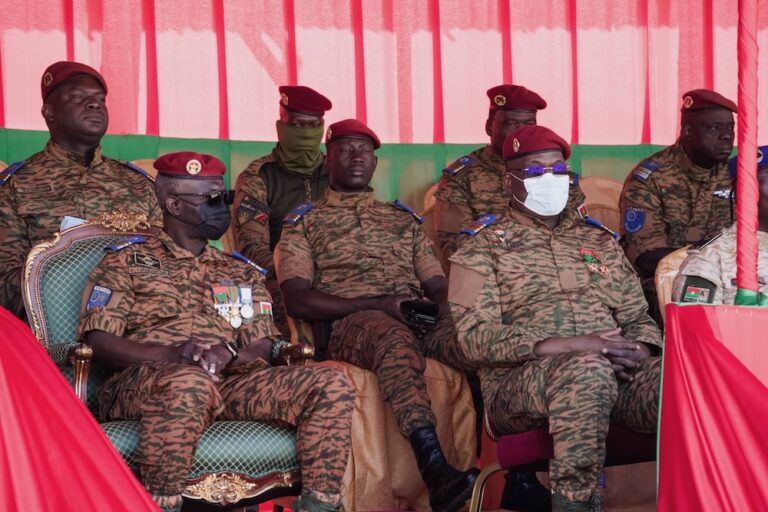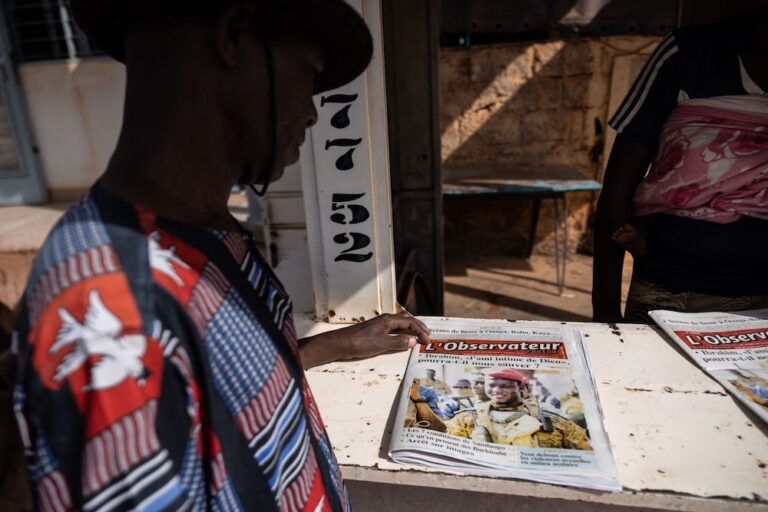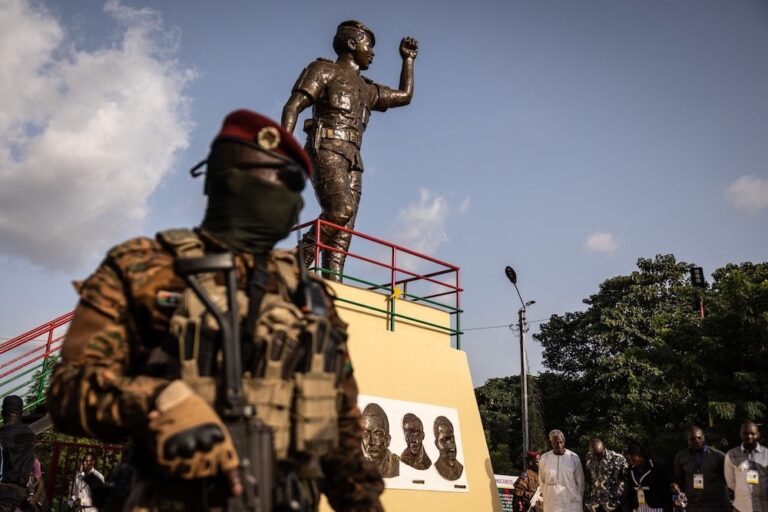Demonstrators protesting against a proposed constitutional amendment that would allow President Blaise Compaoré another term, stormed the state-owned national broadcaster, Radiodiffusion Télévision du Burkina.
This article was originally published on rsf.org on 31 october 2014.
Blaise Compaoré has just announced his resignation after 27 years as Burkina Faso’s president. He has given in to the massive demonstrations that have shaken the country for the past week and took violent turn yesterday.
On 30 October, demonstrators protesting against a proposed constitutional amendment that would allow President Blaise Compaoré another term, stormed the state-owned national broadcaster, Radiodiffusion Télévision du Burkina (RTB). Programs were interrupted in the morning and have not yet resumed. According to reports, the RTB headquarters have been ransacked.
As a result, it was a privately-owned TV station, Canal 3, that broadcast President Blaise Compaoré’s speech yesterday evening announcing that his government was standing down.
RTB had been widely criticized in recent days for minimizing the size of the unprecedented anti-government protests, a journalist in Ouagadougou told Reporters Without Borders.
“Thousands of demonstrators took to the street this past week but RTB’s reports referred to just a few hundred,” he said. “By taking this line, RTB put its own journalists in danger. When the demonstrators stormed its headquarters, the director-general was there and had to flee.”
Journalists say they are out on the streets and, for the time being, are covering developments without too much difficulty.
The few problems that have been reported – such as theft or destruction of equipment or difficulties moving about the city – are being blamed on some demonstrators getting carried away rather than any deliberate targeting of journalists.
Radio France Internationale’s signal was interrupted on 30 October but resumed in the evening. Some news websites were briefly blocked but are now back online.
“We are following the situation in Ouagadougou closely,” said Cléa Kahn-Sriber, the head of the Reporters Without Borders Africa desk. “For the moment the demonstrators are not behaving hostilely towards reporters on the streets. It is important that the national broadcasters can resume its programs. The public has a right to be informed during this crisis.”
Burkina Faso is ranked 52nd out of 180 countries in the 2014 Reporters Without Borders press freedom index.



